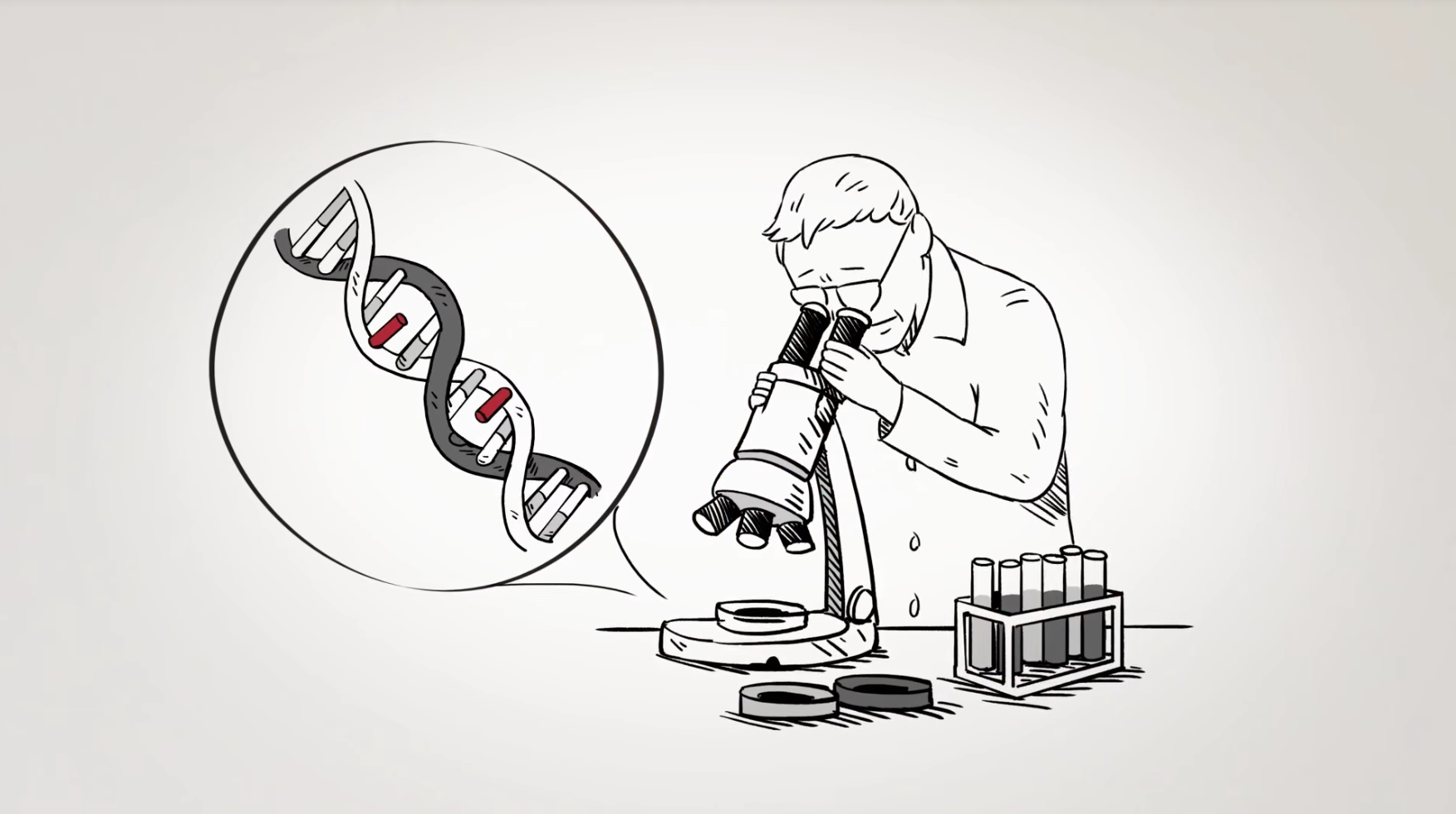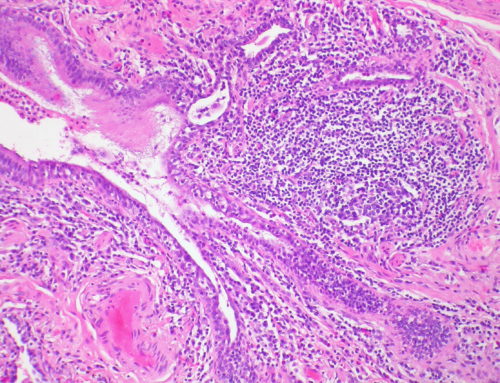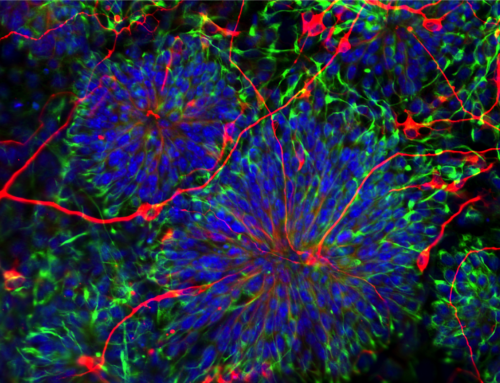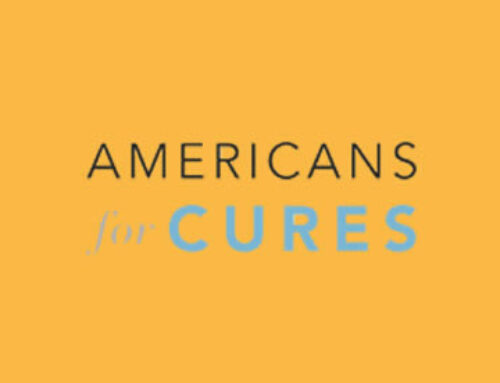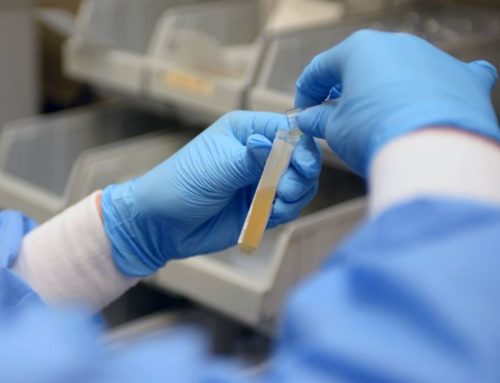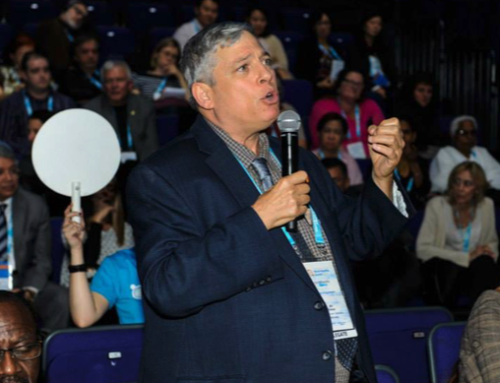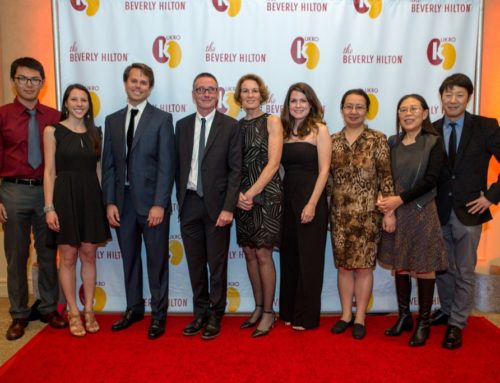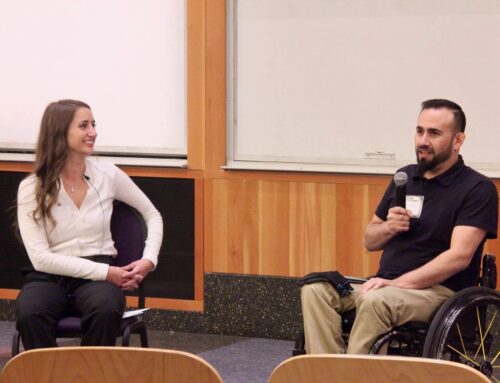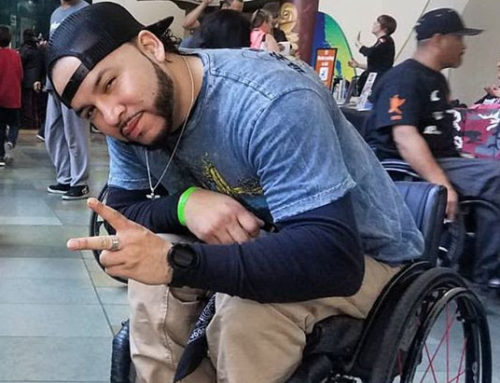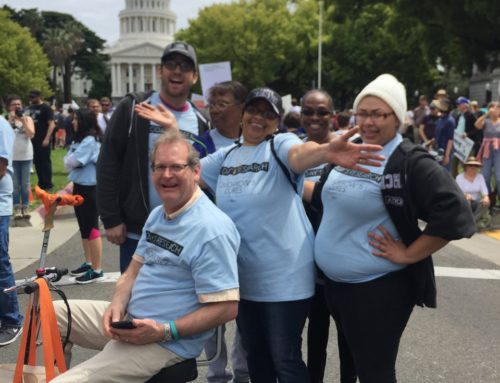Just days ago, America was glued to our TV sets, watching in fascinated horror as a procession of hurricanes moved in from the sea, wreaking havoc and destruction wherever they landed: dumping literally trillions of gallons of rain onto Texas and Florida: Harvey and Irma came first, Jose and more storms building behind them.
The expense in dollars is staggering: perhaps $188 billion from Harvey alone.
But consider a strange question: what if there was a silent hurricane?
In a way, there already is one: making no noise, gathering few headlines, but raining horrific destruction onto people’s lives—in every state of the Union and across the world—and it costs more than any of the named hurricanes, probably more than the year’s collection of storms put together.
That silent hurricane is chronic disease. Its winds will never subside, its torrential blasts will never stop; it is here forever—unless we cure it.
How many people are affected by chronic (long-lasting or incurable) disease?
Estimates run as high as 133 million Americans (117 million adults) with one or more chronic diseases: family members, loved ones, maybe you, and absolutely me. (I have peripheral neuropathy, continual nerve pain in the feet. Plus I am a prostate cancer “survivor”, which means it may or not return, despite the surgery, radiation and hormone injections.)
Leave aside the suffering for a moment. Think about just the financial costs of chronic disease.
First, the money we spend on chronic (long-lasting or incurable) disease is three-quarters of every health care dollar. Total medical care in 2015 was approximately $3.1 trillion. Three quarters of the total medical care ($3.1 trillion) is $2.3 trillion. Hold that number in your mind. That is the cost of chronic disease for one year.
Now, compare that to: Total state revenue for that same year: $1.7 trillion—plus 2015’s installment of the national debt roughly $500 billion. Add that together: $1.7 trillion in state revenue, plus $500 billion installment on the national debt, and you get $2.2 trillion. Chronic illness is more—$2.3 trillion. That is the size of the problem: and why it is so hard to get a successful medical care program!
This is nobody’s fault. I doubt if any medical system on earth—public or private—could fully meet that financial challenge. So how do we lower those gigantic costs?
There is only one way. Cure. Everything else just spreads the cost around, dividing up the mountain of expenses by who is going to pay for it. But to actually bring the mountain down, lowering the cost of chronic disease and disability?
Only cures can do that. And cures are what the California stem cell program is all about. Stay with us, please. This is something wonderful.
This post originally appeared on HuffPost.
Don C. Reed is Vice President of Public Policy for Americans for Cures, and he is the author of the forthcoming book, CALIFORNIA CURES: How California is Challenging Chronic Disease: How We Are Beginning to Win—and Why We Must Do It Again! You can learn more here.



